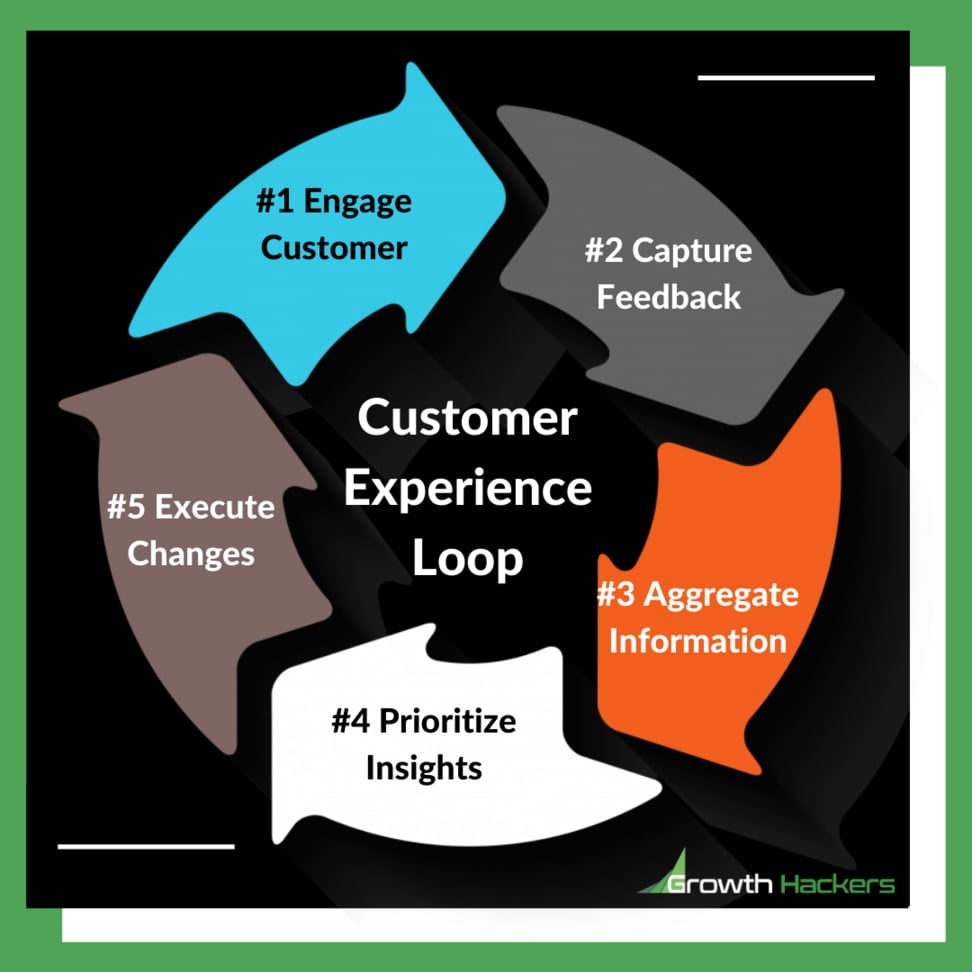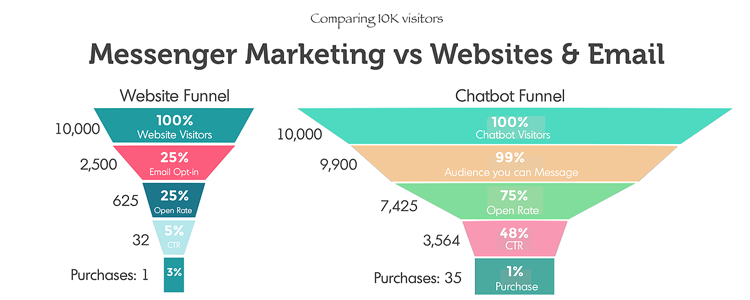The growth of AI changes customer support experience this year by rapidly transforming the way companies interact with their prospects and customers. An exclusive MIT Technology Review Insights’ survey of over 1000 business leaders, “The global AI agenda,” noted that customer success and service is the area where AI deployment is highly active. By next year, 73% of respondents said it will remain the leading area of AI use in companies. Artificial intelligence has become a reality that is impacting the world on a daily basis and the most effective ways to harness AI is through customer service and support- the fast 24/7 functionality of AI to solve customer queries any time of the day. AI is hugely impacting every business and transforming business processes from data collection to customer onboarding and retention. It saves time, cost and is highly meaningful in terms of returns to the customer and client. Customer service is the root of any digital transformation and with AI in it, one can improve everyday experiences for customers. Gartner once declared that 89% of businesses will compete only on customer experience in a battlefield.
Need for AI in Customer Support Experience
Artificial intelligence can be useful to provide convenient, informed experience throughout the customer journey. Data insights are supremely useful in any company and with artificial intelligence, there is a customer dataset enhancement. AI can make the whole process clear, unleash value, and hand hold data to customer success agents or sales personnel. AI can mine customer data from far reaches like product usage, account management, logistics, billing, promotions, pre-purchase period, post-purchase period, surveys, and even online queries. Impactful insights often ignored by the team can be extracted to deliver a superior quality customer experience. Taking advantage of technology is highly important for quality online presence. You need to make sure your business is highly adaptable to digital transformation. Customer service experience can be impacted heavily if AI and machine learning make an entry. But let’s see three important features of AI in customer service.
Features of AI in Customer Service
Efficiency
Companies have invested in AI to automate customer experience, improve efficiency and decrease complaint resolution times in customer support. Top organizations have also looked to connect with customers seamless and provide a personalized experience. Experience is the ultimate differentiator between brands. AI facilitates quick transfer of information, right and rapid resolution and creates interactions that feel personalized.Building connectivity
AI algorithms lead to better connectivity, cross device sync and collaboration between data sets and make it easier for organizations to connect across cloud platforms. AI also makes it easier to connect to technologies, CRM systems, contact centers and more.Empowering self-service
AI eliminates the need to wait. Imagine, being ‘on hold’ for the next 30 minutes. It simply has changed customer success equations by answering common questions in a jiffy. This leaves a happy, satisfied customer and agents who are available to handle more complex queries. It doesn’t even get upset and gives customers the feeling of ‘self-help’ which is highly loved and intuitive.
9 AI Trends in Customer Support
You should always increase your customer satisfaction if you want your business to grow. Here are some important AI trends to look forward that will change the face of customer success and support:
1. Simple Solutions to Everyday Issues
Poor customer service can have grave ramifications to any business. Any failure to meet customer service expectations and requests with accuracy and friendliness can cost companies billions. On another hand, by building a great customer experience, it can impact positively your revenue growth. Therefore, customer service agents are mainly AI driven. To deliver in less time with high resolution capabilities that can increase customer satisfaction scores. Since AI agents are built with language understanding capabilities, they can reinforce learning in a better manner and communicate faster. It reduces the time taken to answer simple questions or queries.
2. Chatbot Evolution
Chatbots are so common that even we interact with them frequently. A simple popup on a computer screen shows the company or brand is willing to answer questions. Chatbots have driven solutions to save time as well as cut costs.

There are pros and cons of using AI Chatbots for customer service. Though chatbots lack contextual awareness and emotion. The benefit is high as they answer most customer queries and continue to impact our lives. Alexa and Google Assistant are now hugely popular and are utilized to enhance customer experience. Though chatbots are still improving, there is no doubt that the future has a lot of them, it has been estimated that almost 91% of users on the internet will use chatbots as part of their daily lives by next year. And, you know what's the best news? You don't have to be a world-class programmer to create powerful chatbots. You can create AI-powered chatbots, deploy them on your website and apps within 10 minutes. Chatbots can also be particularly helpful in social media platforms.
3. Reduced Response time to customer queries
Mostly customers ask questions an AI agent can answer. These agents offer a quick and easy resolution to customer issues and queries. With reduced time, customer feels important and satisfied that queries have been met and stays invested. This is vital to improve customer retention via customer experience. It also comes with predictive customisation which will improve customer experience to create automatic, hassle-free and quick responses. Errors and delays in handling clients are lesser with AI and machine learning tools. In the digital era we're living in, people are less and less patient, this is why being respond in a timely manner is one of the best practices for maintaining a low client churn rate.
4. Improved Customer Journeys
Customer Journey is now important to determine and this is where AI will play a major role. Data integration powered by AI is increasing and its important to harness the potential. Integrating the right communication with AI can improve customer journey. Relying on machine learning and AI can help make smarter decisions for customers and improve overall efficiency and personalization. AI also helps in crafting customer journeys based on the questions they ask, issues they face and thus aids early warning detection of customer churn. AI can zone out areas where a customer is likely to ask question or have an issue based on predictive analysis which improves customer journey.
5. AI-authorized Analytics for customer perception
AI plays an important role in feeding information into the marketing automation, CRM, and other operational tools. AI makes customers understand employee behaviour, product usage and other opportunities. Tools such as text analysis, face identification, and machine learning can provide more insights on customer behaviour. AI can organize different sources of data both structured and unstructured to identify trends, meet expectation, and fulfil customer demands. With these analytics, employees can understand what customers perceive of them and aid with the right targeting to increase upselling and sales.
6. Informed Recommendations
Through AI, customers can receive customised recommendations. Like suppose, they have purchased a course on social media marketing, an AI system can recommend other courses either similar or those meant to amplify knowledge. Through this, customers will gain a better experience and look forward to more interaction with the company. Through informed recommendations, customer success teams can also analyse users better and comprehend their user adoption levels, product success rate, or even predict customer churn.
7. Predictive Personalized Experience
Artificial intelligence can analyse customer reaction to different products and services and suggest personalised experiences. Through their understanding of a buyer journey, companies can build marketing campaigns that target customers best. Close to 78% of internet users believe that personalized experiences increase their purchasing intent. AI in this process is infused with emotions to make the customer experience interactions streamlined.

8. Quantify the ROI on Customer experience initiatives
Through AI analytics, it is possible to identify customer issues right from the onboarding process and if there is any lagging issue, initiatives to improve the process can be taken to increase impact. Even during the onboarding if the customers have questions, they can use AI to predict the most frequent ones and add it to the customer onboarding. This way customers feel delighted on receiving answers, and the financial impact is saved.
9. AI Analytics can increase Cross-Sell Rates
Artificial intelligence can increase cross-selling to customers. Suppose a company offers phone as well as internet connection services, through AI cross-selling of the two offerings is possible. An analysis of customer behaviour with predictive techniques can lead to a lot of cross-selling. Additional services from a brand you are already happy with will only lead to more association. And to increase that happiness, AI is fundamental for its predictive nature and quick support systems.





2 Comments
And this is very good news. It only shows how quickly technological progress falls into the sphere of everyday life. Every day we introduce similar solutions for clients from various industries. In the last 12 months, we had around 10 projects in which artificial intelligence software was compulsory in the context of customer service or to increase the effectiveness of e-marketing.
AI is amazing as long as it is transparent. Your audience should know that they are talking to a robot.